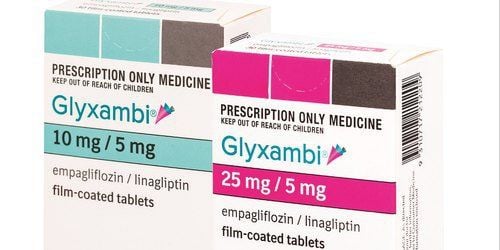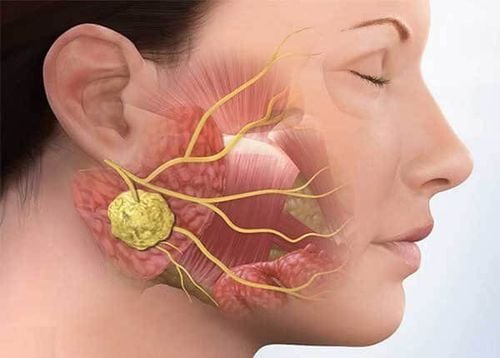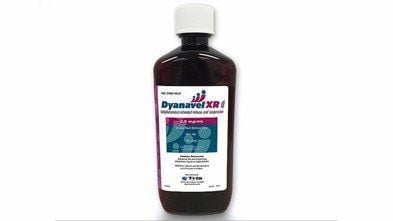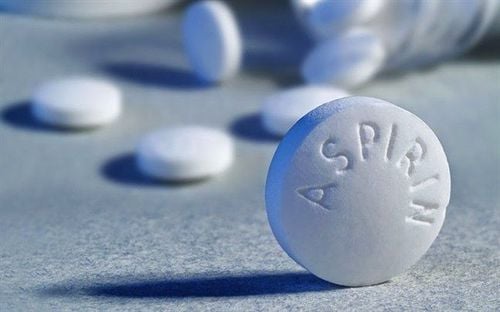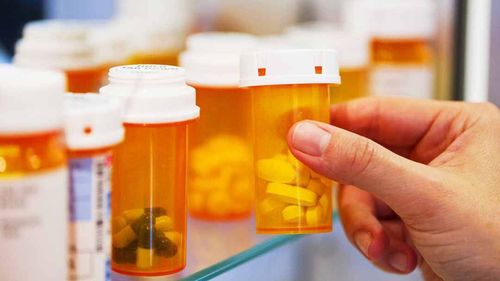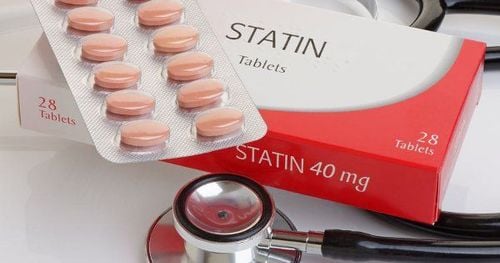This is an automatically translated article.
The article was written by Master, Doctor Nguyen Thi Minh Phuong - Doctor of Neurology - Department of General Internal Medicine - Vinmec Times City International General Hospital.A stroke is an acute brain injury caused by a blood vessel. Worldwide, about 800,000 people have a first or recurrent stroke every year. In which Vietnam has about 200,000 people have a brain stroke every year. Stroke is the third leading cause of death and the leading cause of disability.
1. Definition
According to the World Health Organization (OMS), a cerebral stroke is defined as follows: A stroke is a clinical syndrome characterized by the sudden onset of symptoms indicative of brain damage (usually is focal), persists for more than 24 hours, or the patient dies before 24 hours. The focal neurological symptoms were consistent with the brain region due to the distribution of damaged arteries, excluding traumatic causes.
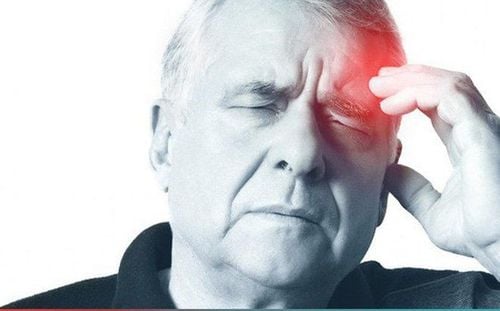
Đột quỵ não đứng hàng thứ ba về nguyên nhân gây tử vong và là nguyên nhân hàng đầu gây tàn tật.
Ischemic stroke: A blood clot that blocks or significantly narrows a blood vessel in the brain. These clots can form from the heart, from the walls of the arteries with atherosclerosis. When a blood vessel is blocked, the brain tissue supplied by this blood vessel is deprived of oxygen, and dies within 3 minutes. As a result, the part of the body that is controlled by this brain region will not be able to function properly. Hemorrhagic stroke: A ruptured blood vessel in the brain causes bleeding in the brain parenchyma.
2. Common symptoms of brain stroke
Facial paralysis: The patient suddenly speaks/smiles with a deviation of the mouth. Weakness/paralysis or numbness of the limbs: usually sudden weakness/paralysis in one half of the body, can occur in one limb. Sudden difficulty speaking. Sudden confusion, or problems in expressing and understanding language. Sudden loss of balance or difficulty controlling body movements.
3. Stroke treatment
Stroke treatment depends on whether the stroke is ischemic or hemorrhagic.
Ischemic stroke can be well treated and fully recovered if the patient is treated early within the first 3-4 hours of illness.
4. Stroke risk factors
Smoking, drinking a lot of alcohol High blood pressure Diabetes, dyslipidemia, obesity. Cardiovascular diseases such as atrial fibrillation, old myocardial infarction, heart valve disease Coagulation disorders Blood vessel malformations ...
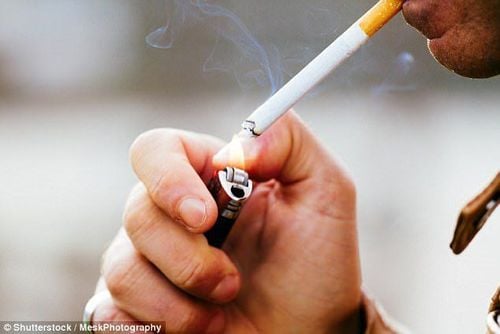
Hút thuốc lá có nguy cơ bị đột qụy.
5. What will you do if you detect symptoms of a stroke?
5.1. How to prevent stroke 80 % of all strokes are preventable .
Reasonable lifestyle: exercise regularly, control weight, limit foods high in fat and salt. No smoking. Good control of BP if there is hypertension, good control of blood sugar if diabetes. Strictly follow the doctor's orders about taking medicine Regularly go for health check-ups. 5.2. What will you do if you detect symptoms of a brain stroke Quickly call an ambulance or take the patient to the hospital: time is gold for the patient, every 1 minute delay in emergency will have 2 million cells brain is dead. Do not self-medicate at home. Temporarily do not let the patient eat or drink, especially when the patient is in a state of lethargy, or coma to avoid choking on water or food into the lungs. Placing the patient on the side of the head when the patient vomits Recording the time when the first symptom occurred is very important, it helps the doctor to have the right treatment for the patient. Even if the above symptoms appear and fully recover within a few minutes or tens of minutes, you still need to go to the hospital to be checked because it is a warning that a stroke may really happen. out afterwards. Currently, Magnetic Resonance Imaging - MRI/MRA is considered a "golden" tool to screen for brain stroke. MRI is used to check the condition of most organs in the body, especially valuable in detailed imaging of the brain or spinal nerves. Due to the good contrast and resolution, MRI images allow to detect abnormalities hidden behind bone layers that are difficult to recognize with other imaging methods. MRI can give more accurate results than X-ray techniques (except for DSA angiography) in diagnosing brain diseases, cardiovascular diseases, strokes,... Moreover, the process MRI scans do not cause side effects like X-rays or computed tomography (CT) scans.\
Vinmec International General Hospital currently owns a 3.0 Tesla MRI system equipped with state-of-the-art equipment by GE. Healthcare (USA) with high image quality, allows comprehensive assessment, does not miss the injury but reduces the time taken to take pictures. Silent technology helps to reduce noise, create comfort and reduce stress for the client during the shooting process, resulting in better image quality and shorter imaging time. With the state-of-the-art MRI system With the application of modern methods of cerebral vascular intervention, a team of experienced and well-trained neurologists and radiologists, Vinmec is a prestigious address for stroke risk screening and screening. reliable goods.
In the past time; Vinmec has successfully treated many cases of stroke in a timely manner, leaving no sequelae: saving the life of a patient suffering from 2 consecutive strokes; Responding to foreign female tourists to escape the "death door" of a stroke;...
Please dial HOTLINE for more information or register for an appointment HERE. Download MyVinmec app to make appointments faster and to manage your bookings easily.




